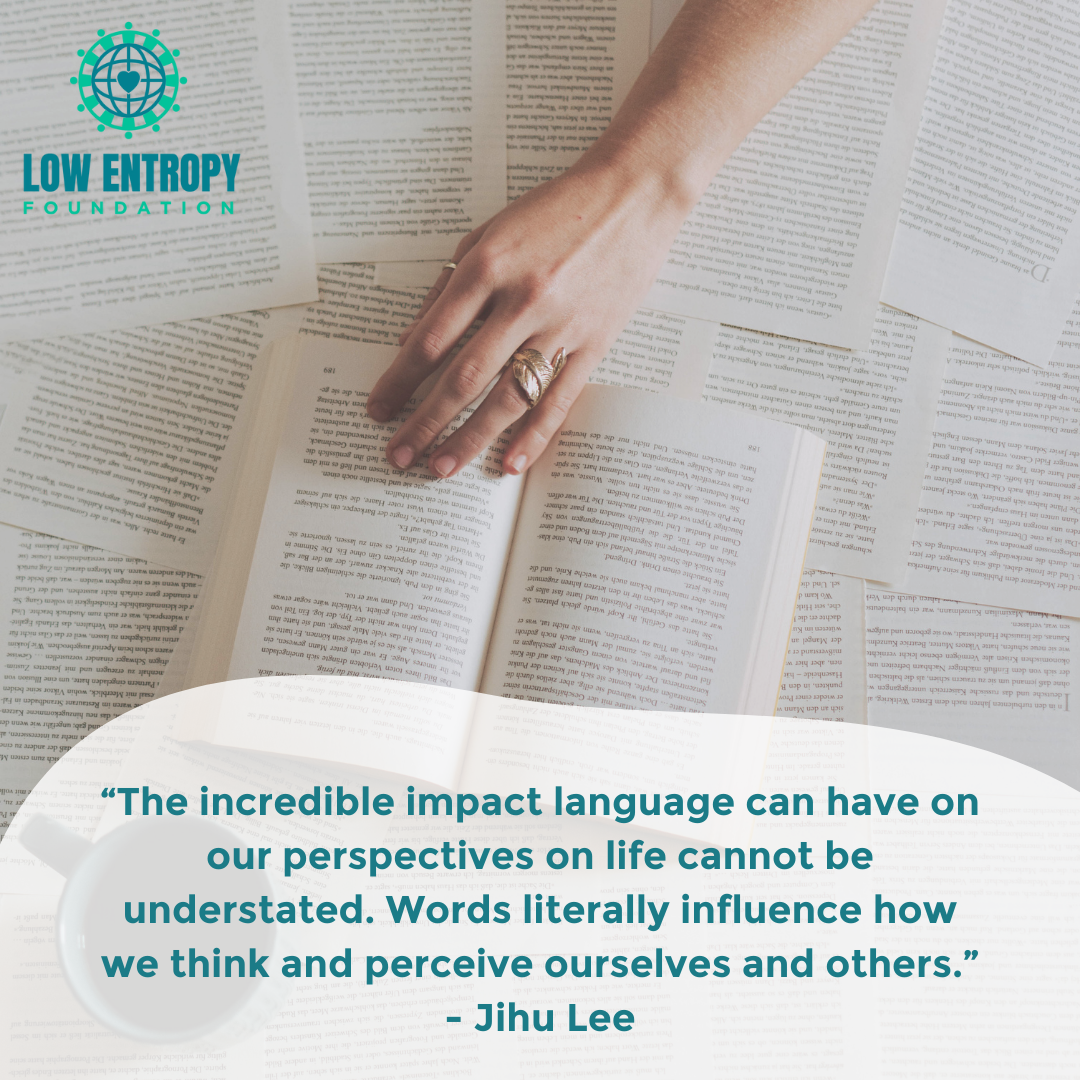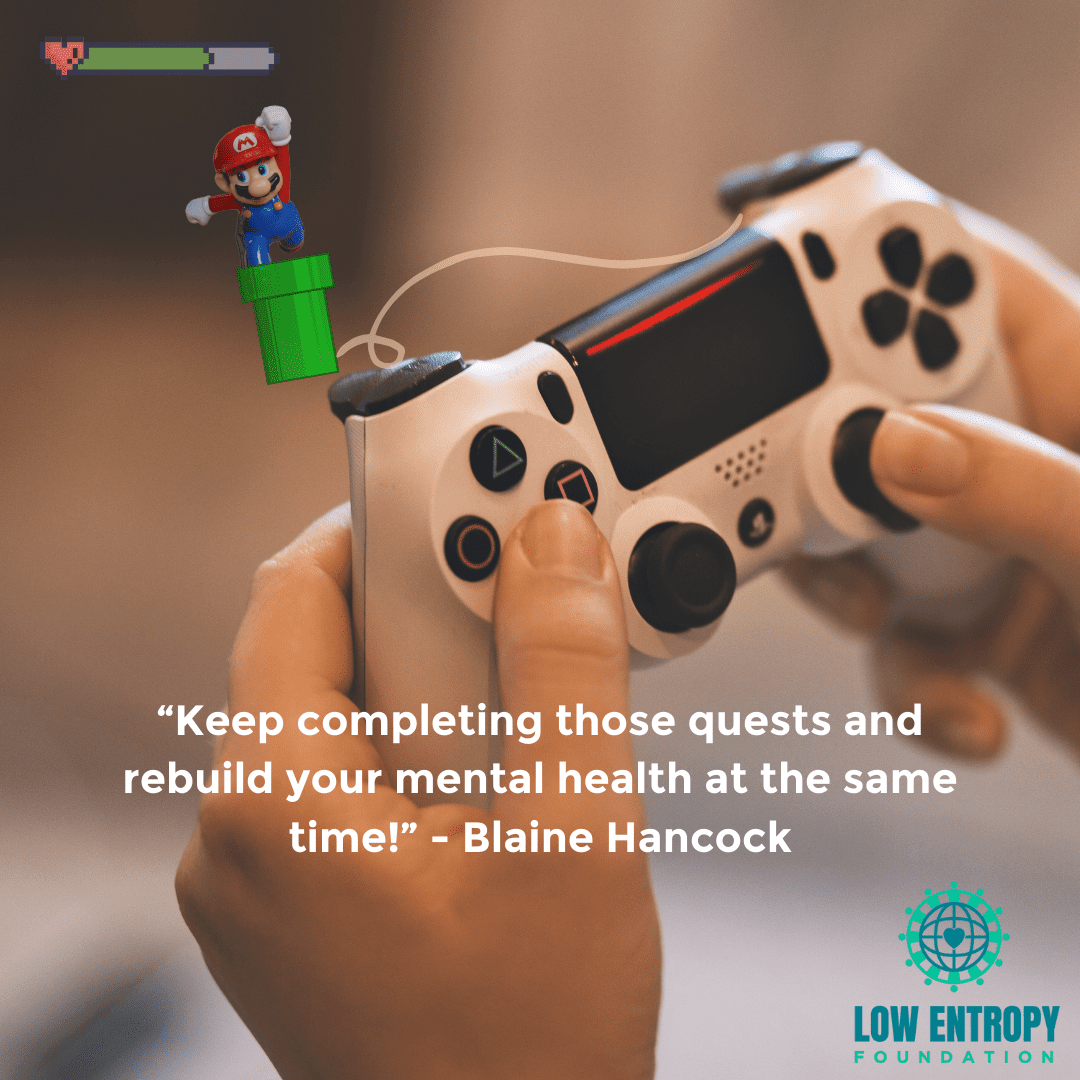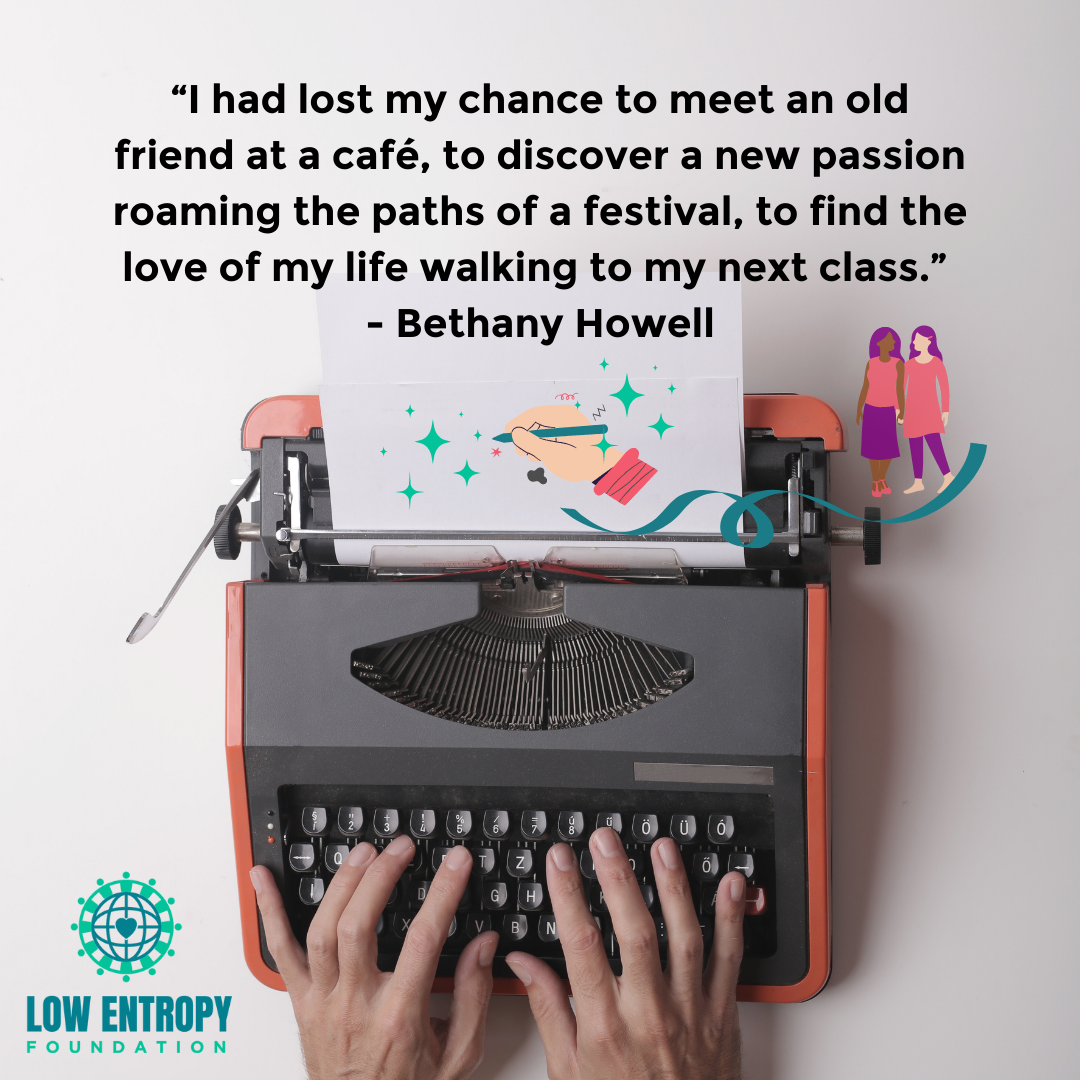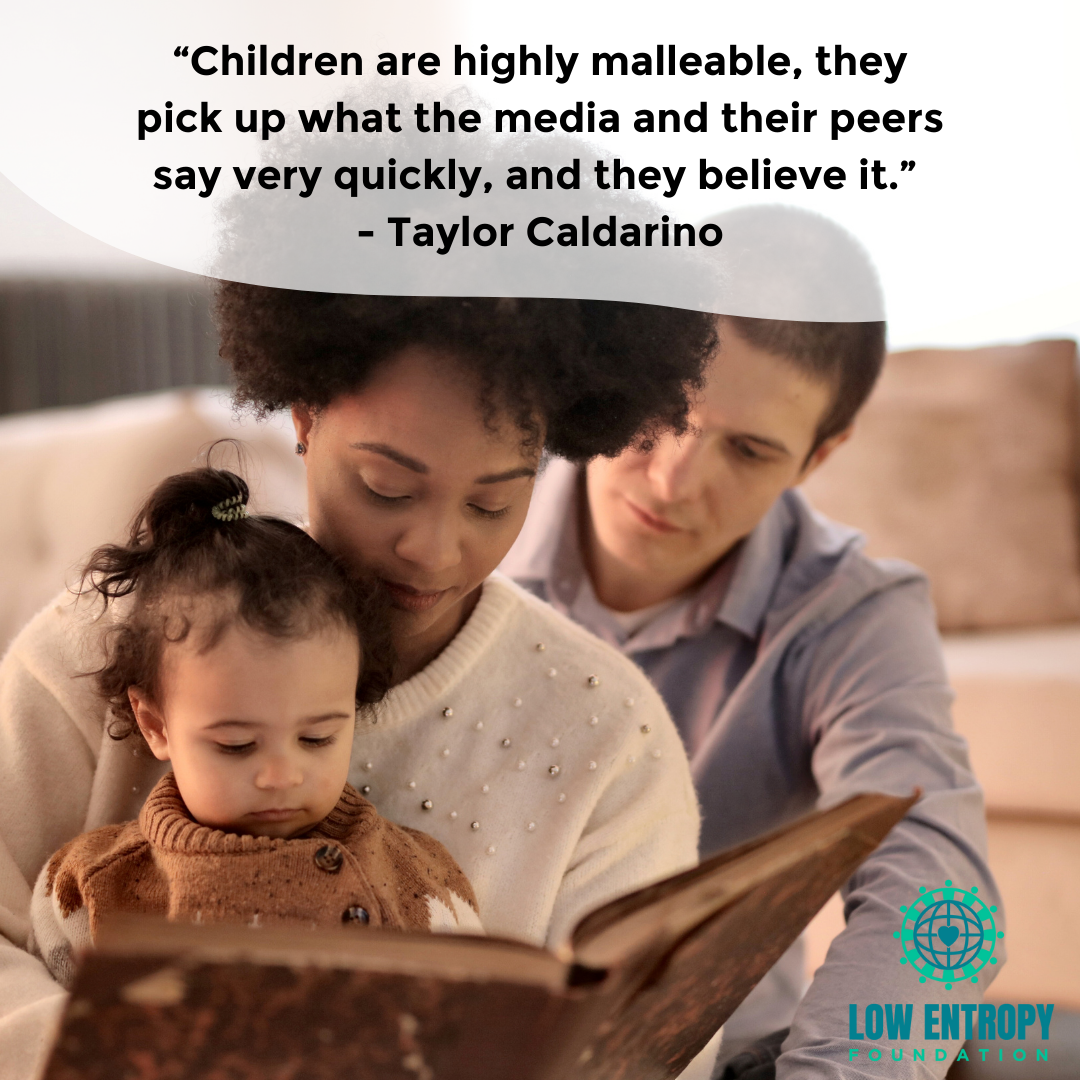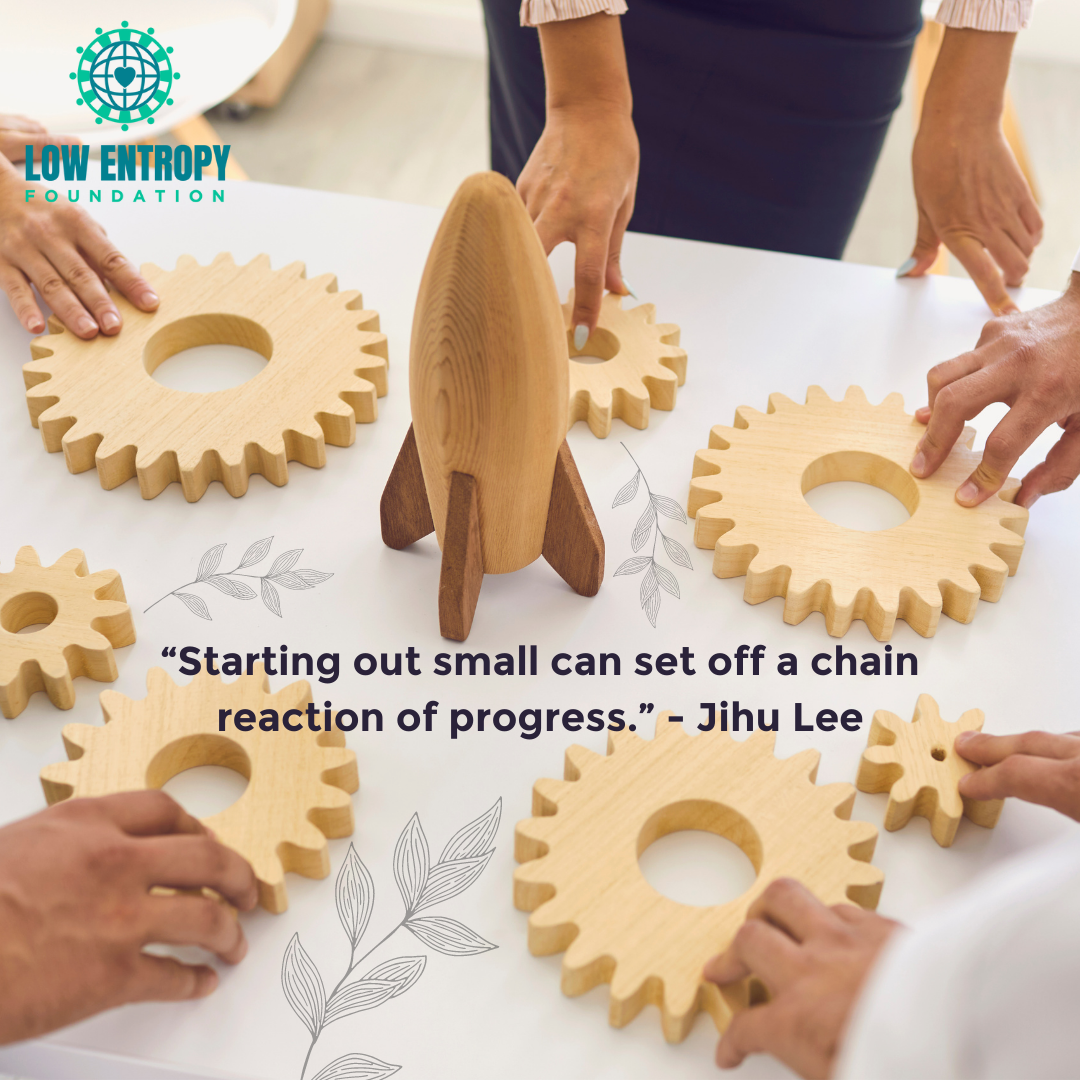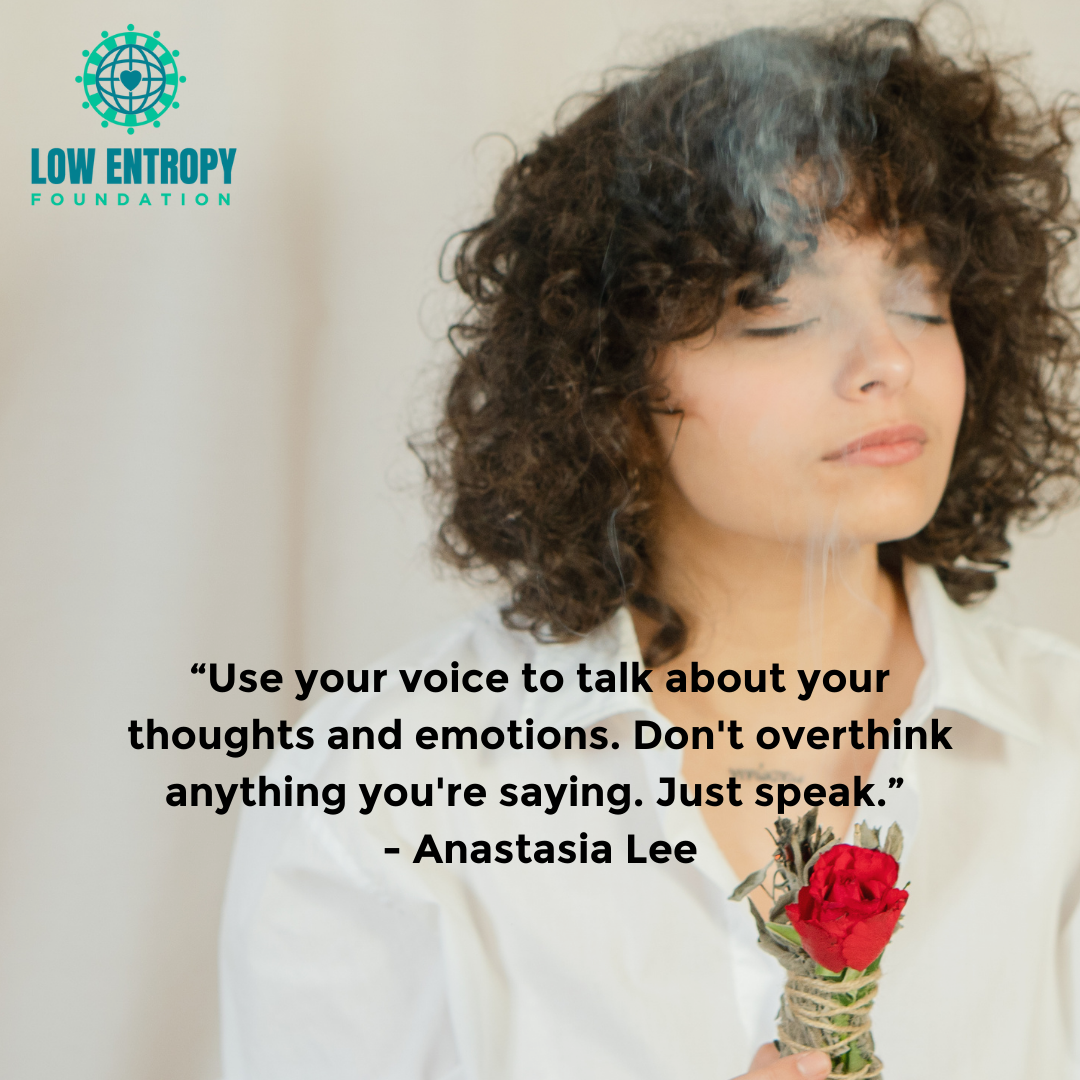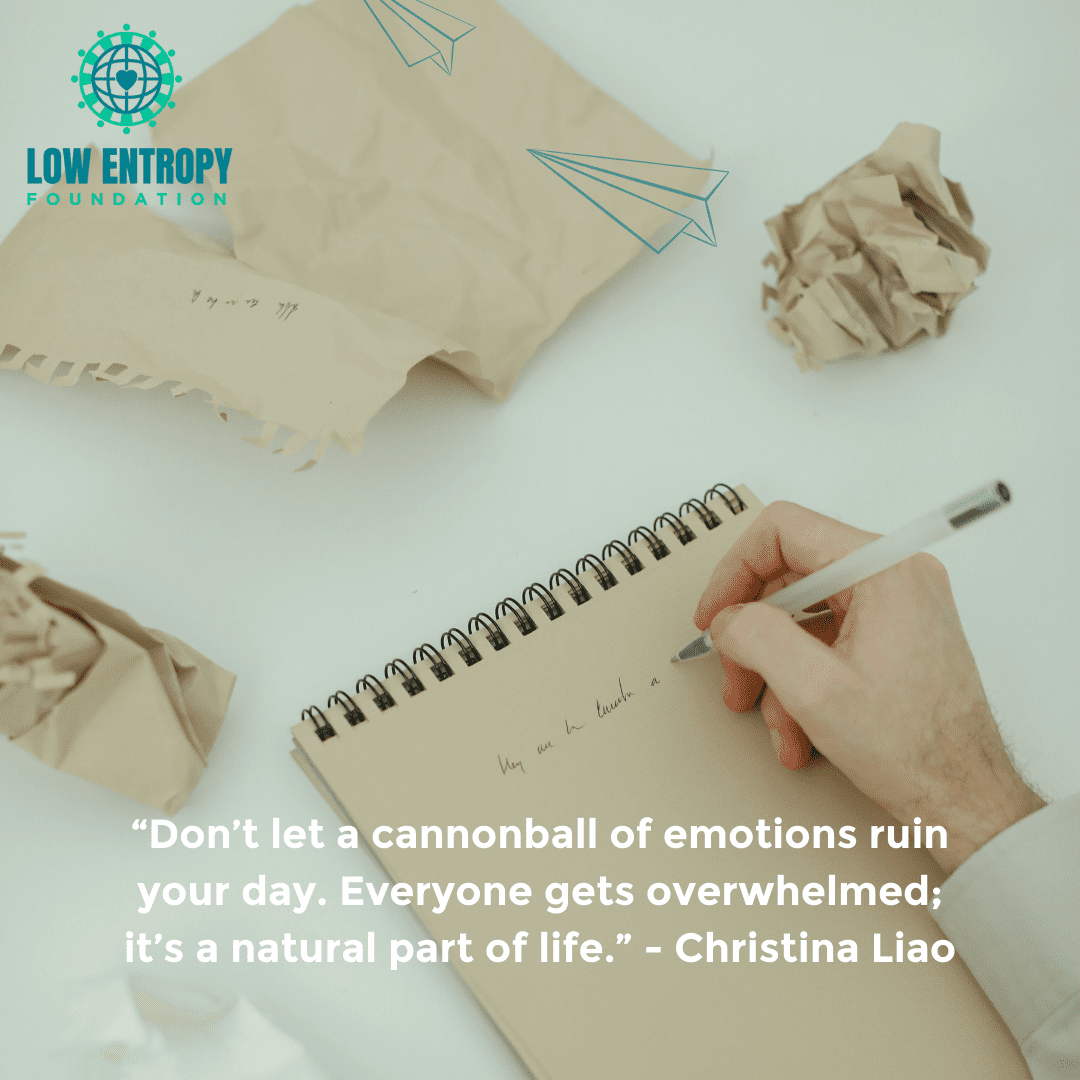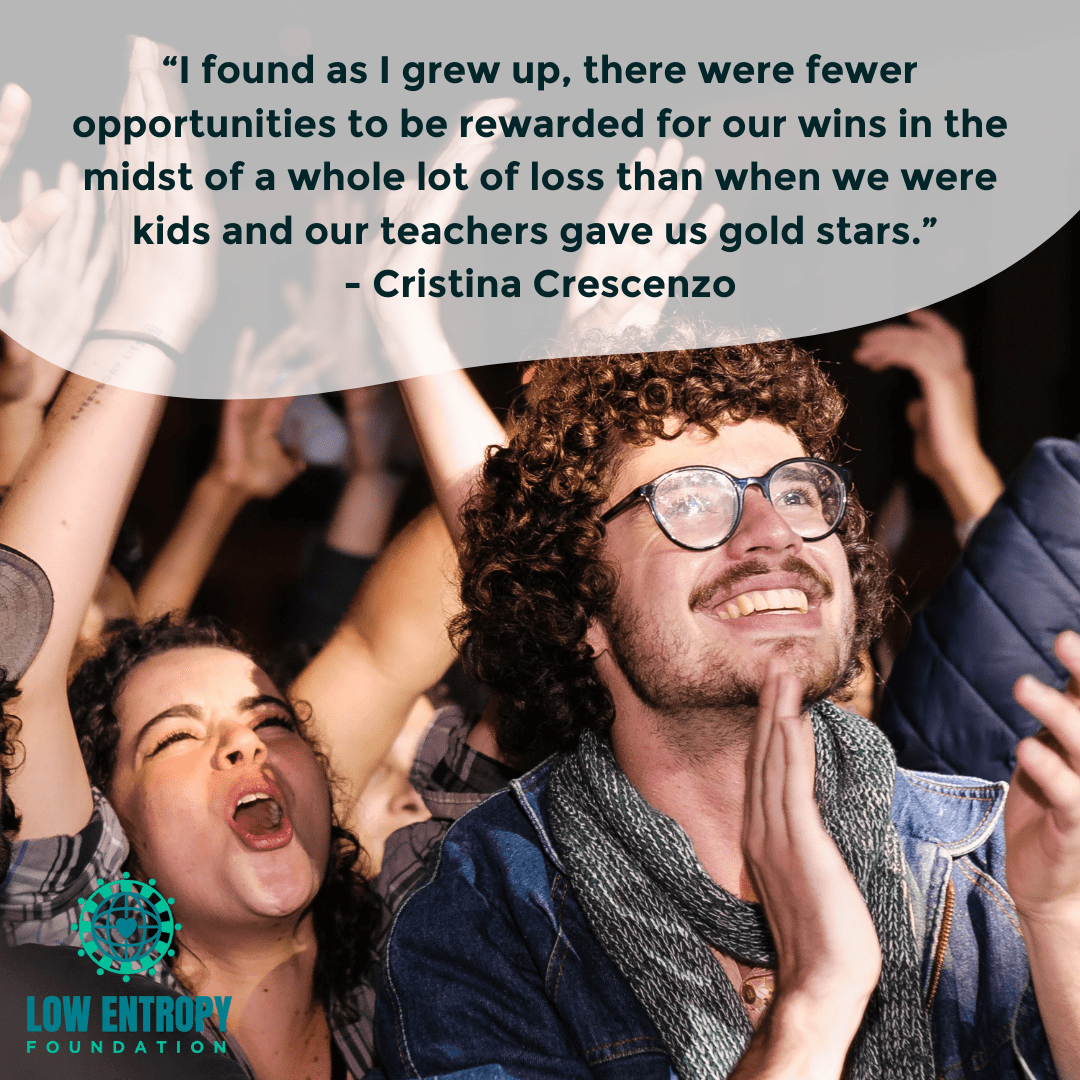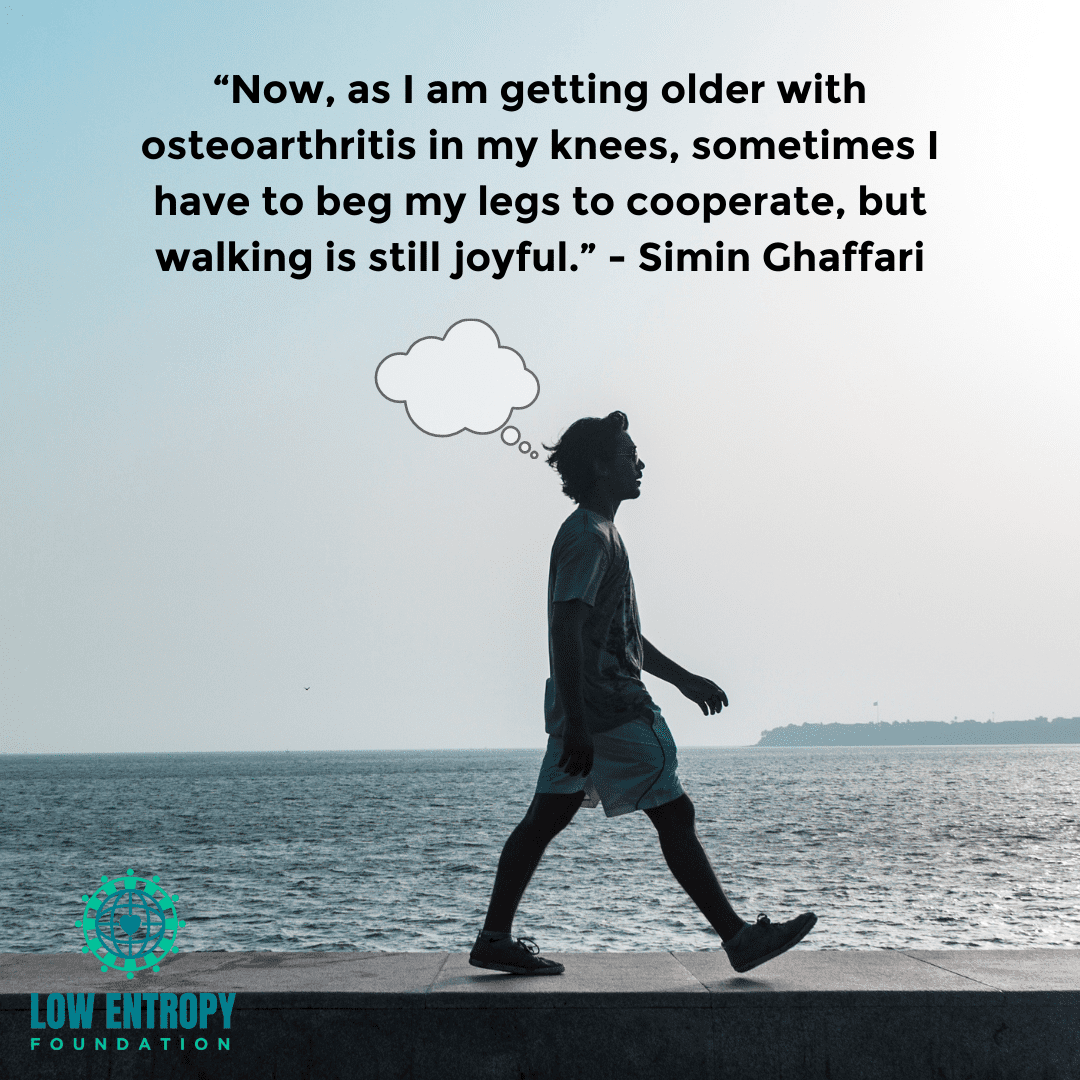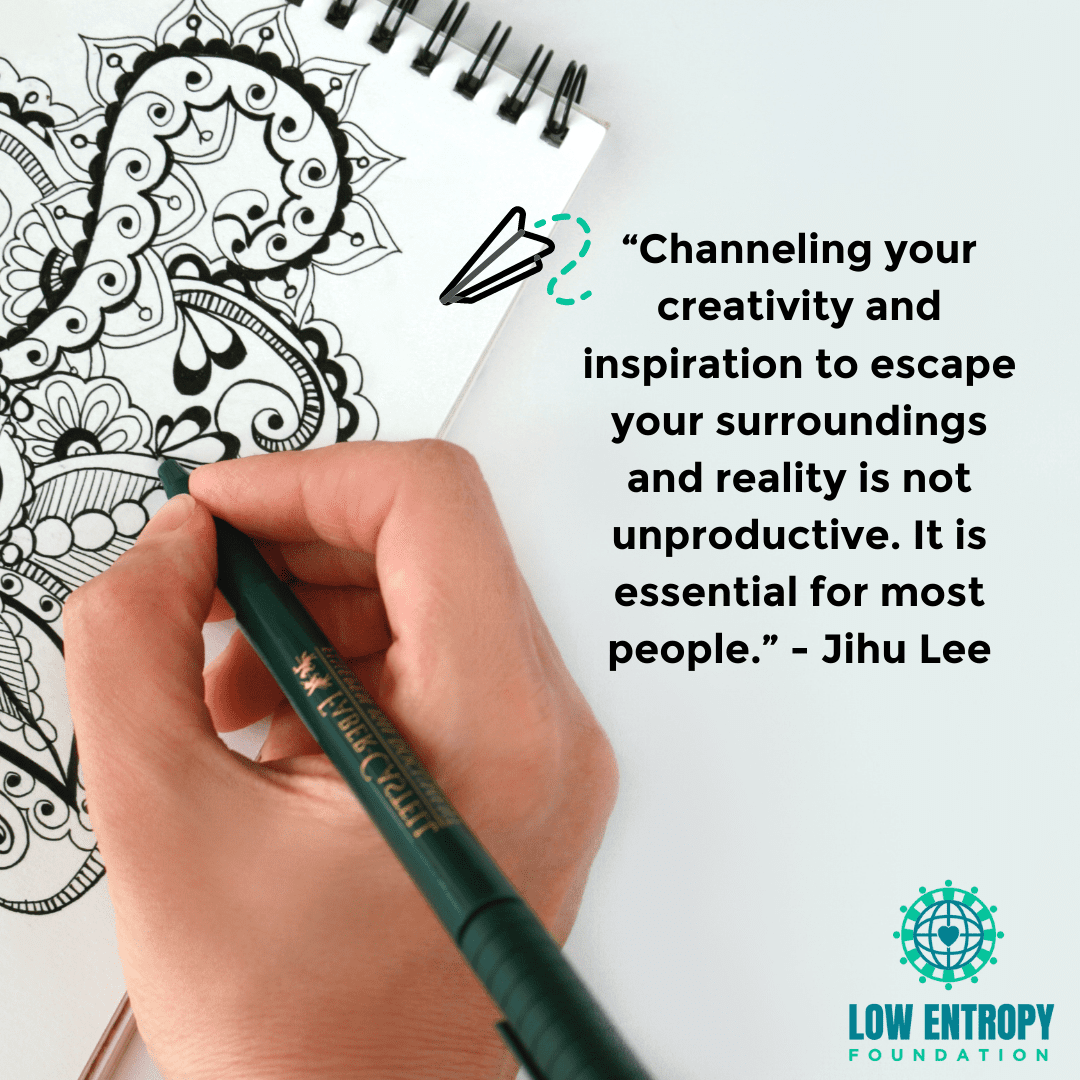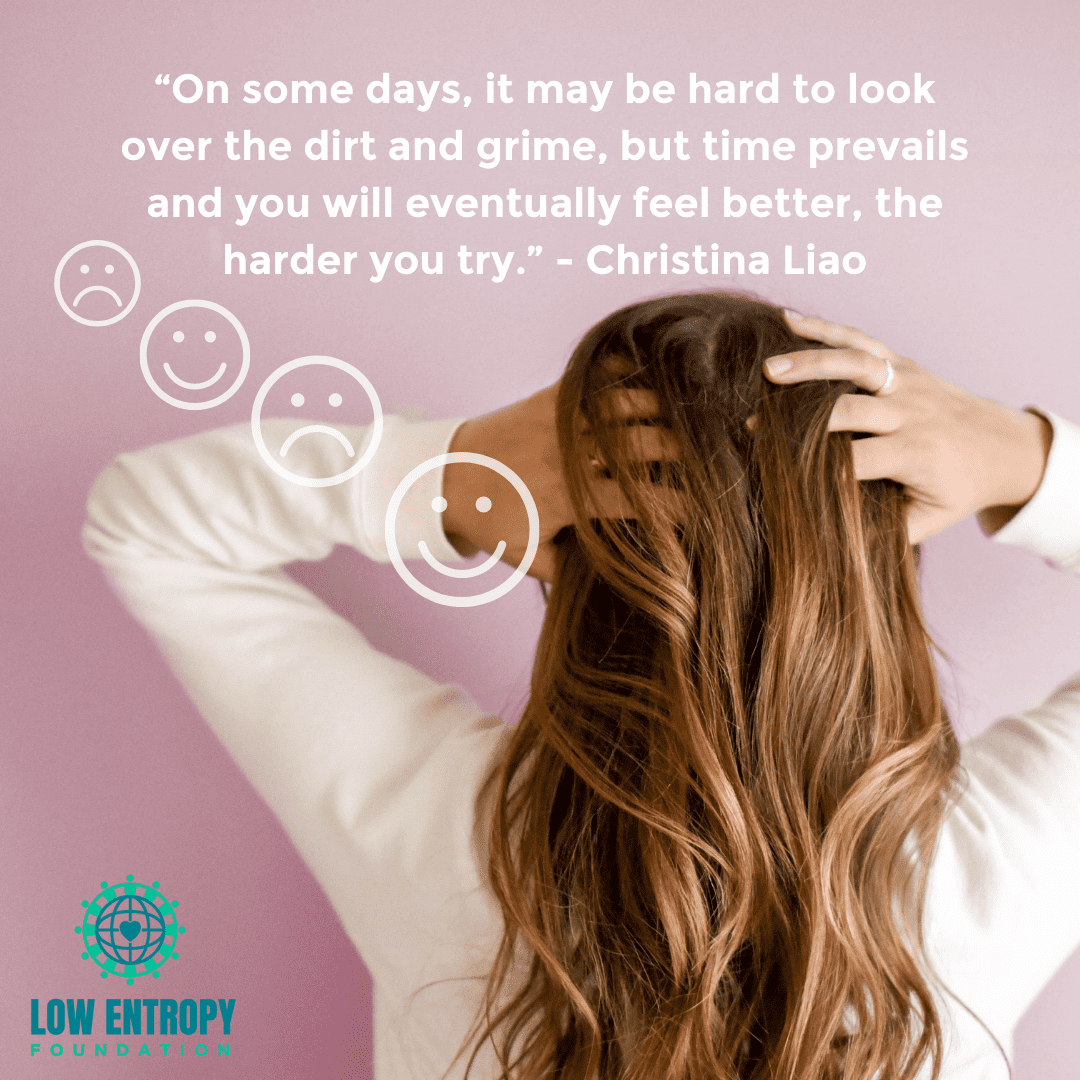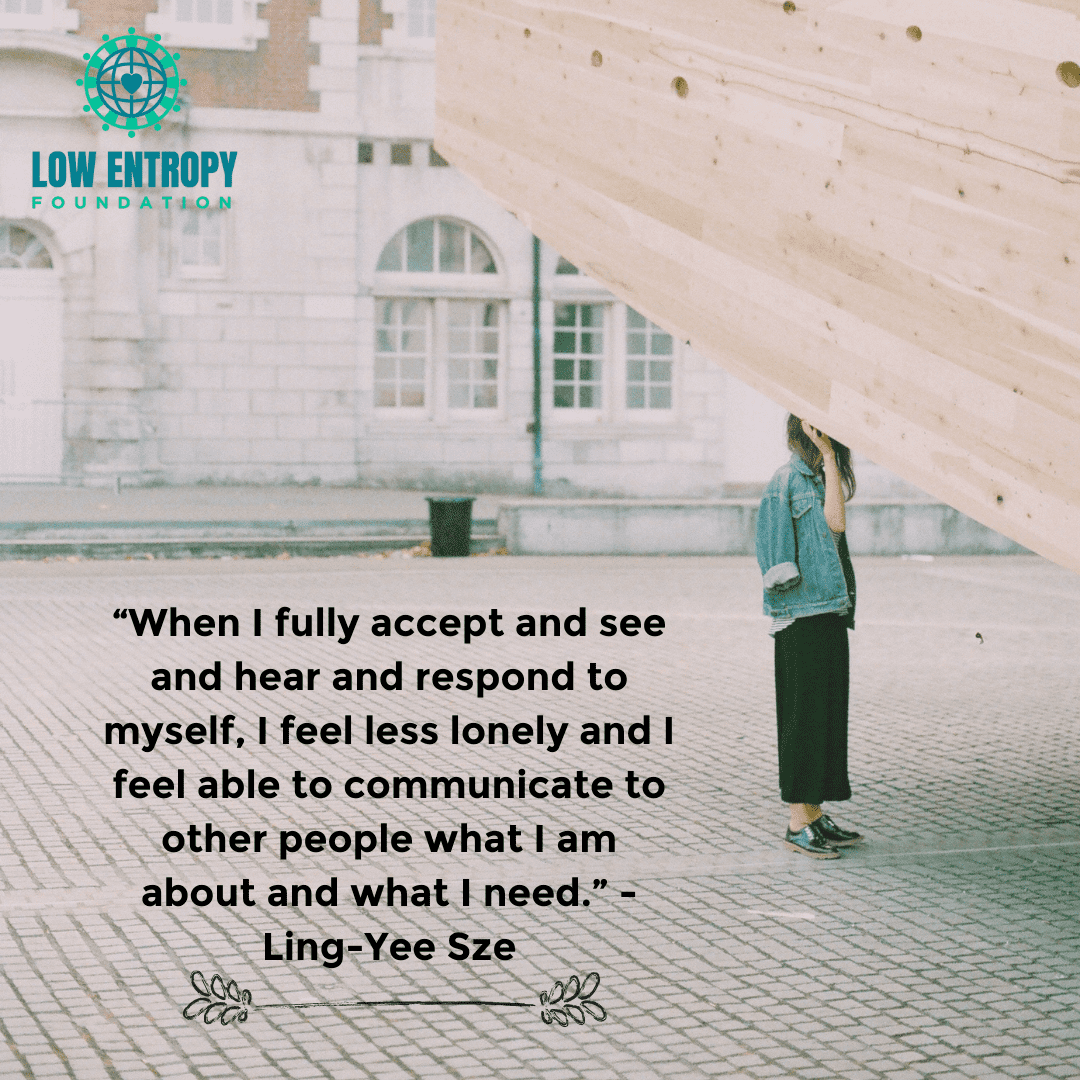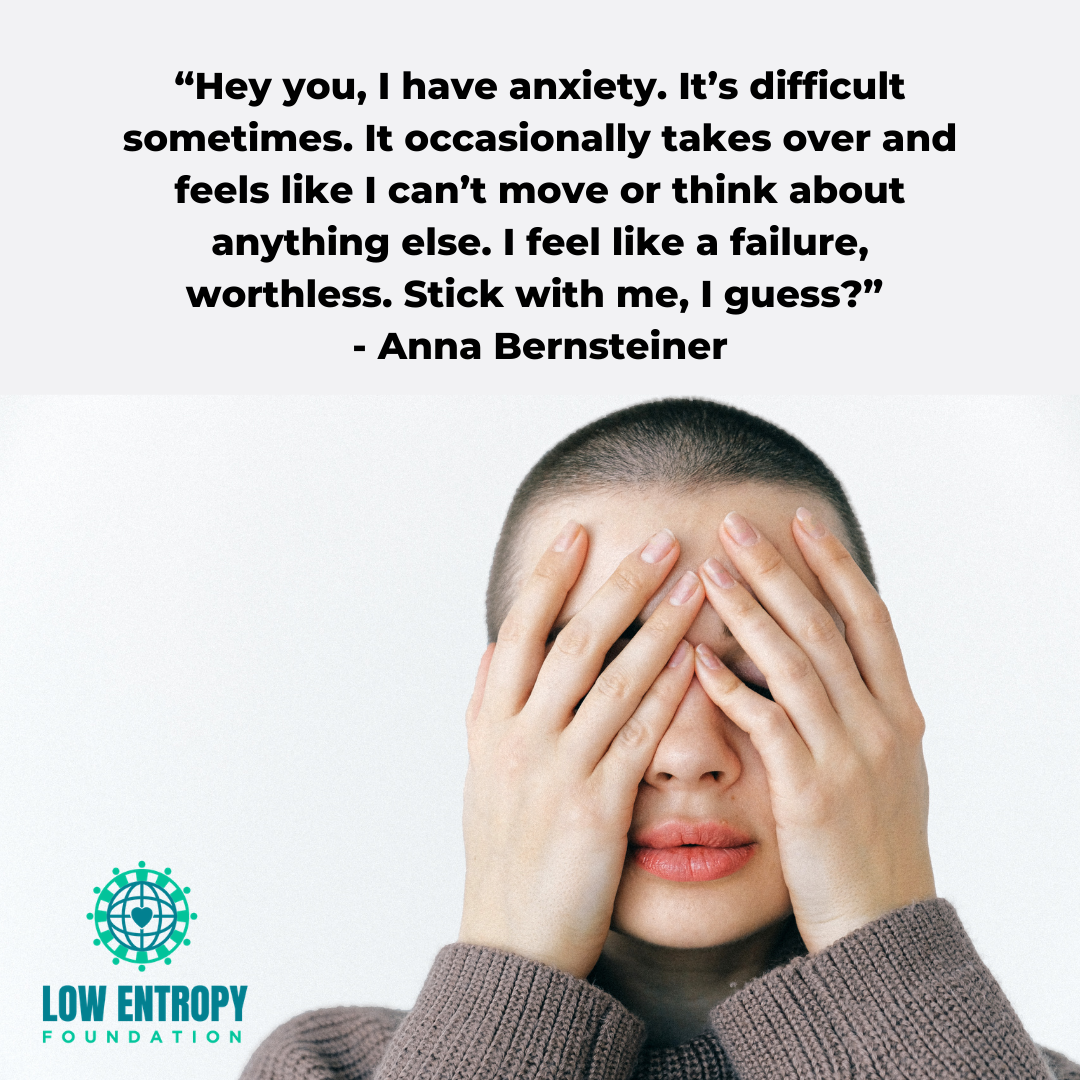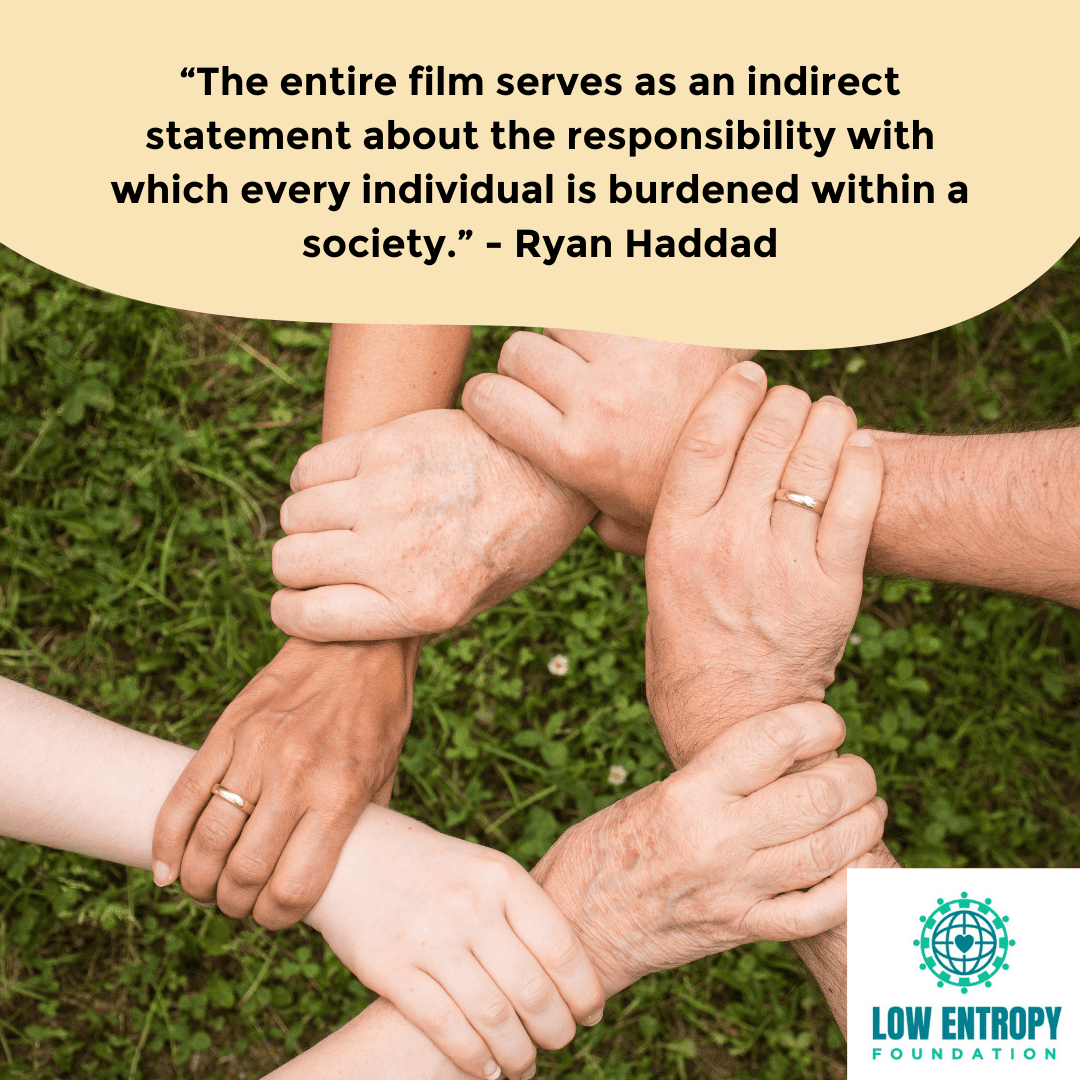Jihu Lee (she/her/hers), Low Entropy Volunteer Writer
The convenience of language often overshadows its impacts on one’s reality and identity. We are so used to speaking for unavoidable communication purposes that we miss how language shapes the world we live in. Last semester in college, I took a linguistics course that explored the relationship between language, individuals and society at large. There are two concepts from the class that have stuck with me ever since:
- The linguistic relativity hypothesis suggests that language has a tendency to influence our thoughts and reality. Language acts as a lens through which we see the world and different tongues may cause people to have varying perspectives of their lives.
- If language does have the power to influence our realities, the words we use on a daily basis can subconsciously uplift or harm ourselves and others.
As a bilingual speaker of English and Korean, this answered so many questions I’ve had for years. Why was it that I wanted to use Korean to be more emotionally expressive, even when I was more comfortable with English, as it was my first language? And why do I feel like two completely different people when switching between the two?
The short answer is, I am experiencing the world in different ways when I use English and Korean as a result of cultural and linguistic variation. In English, I can be as versatile as I want in articulating my thoughts. But in Korean, I have access to single words that can sum up an emotion that I would need to describe in two or three sentences in English. Not only that, there exist Korean idioms and expressions that specifically capture the nuance and emotion of certain situations. They either sound completely ridiculous in English, or are utterly untranslatable to begin with. This is not unique to Korean versus English, but for every language in the world. Each tongue has a set of vocabulary that makes it uniquely powerful.
I was born and raised in Utah, in the United States. In my 19 years of life, it has only been a span of several months since I have finally reconnected with my Korean heritage. Before, I had wanted to hide this part of my identity from everyone’s sight and even downplayed my ability to speak the language. Although the story of my journey to this point is beyond the scope of the topic at hand, I will say I presently feel grateful to my upbringing for enriching my world, both culturally and linguistically.
The power of words is also significant within a single language and not just comparatively across different languages. As a society, the normalized use of words like “crazy” or “insane” continues to perpetuate stigma against mental illness. In the 1970s, one study found 220 negative words for women while there were almost none to describe men in the same way. If language can influence our attitudes toward the world, it is important that we work to reduce harmful language patterns starting with ourselves at the individual level.
Our choice of words and phrasing in our mundane day-to-day life has far greater an impact than we might think. A familiar example might be the way we talk to ourselves. Looking in the mirror and telling yourself that you are capable will inevitably produce a stronger, more positive effect than saying you are worthless. Another important strategy is balanced thinking, in which we practice accepting that multiple emotions can be valid at once. For instance, tell yourself, “I am anxious about the future, but I believe it will work out,” rather than, “My future looks bleak from where I am and it will always be that way.” This type of self-talk is neutralizing and more realistic without forcing you to believe in pessimism or toxic positivity. We have the power to create a better reality to live in as long as we are mindful of what we constantly tell ourselves.
The incredible impact language can have on our perspectives on life cannot be understated. Words literally influence how we think and perceive ourselves and others. Multilingualism enhances our experience in the world by offering different interpretations of the same emotion, as I like to think of it. A fun example is the informal Korean equivalent to the English phrase, “This is ridiculous!” In Korean, the expression roughly translates to “my ear is stuffed.” Having a diverse heritage enriches our identities, as we get to carry multiple perspectives of our lives.
And as mentioned, our ability to influence what kind of lives we lead has roots all the way down to the simple words we use every day. Together, we should make it a goal to appreciate and be mindful of our capability in using language to make a better world for everyone to live in.
—
My name is Jihu, and I’m from Salt Lake City, Utah! I have been with Low Entropy since May 2021. Some of the things I love are reading, writing, listening to music, playing with my dogs and spending time with my sister!







